
Music and Memory: How Songs Help Us Remember Important Moments
Have you ever heard a song that instantly transported you back to a particular moment in your life? Whether it’s the scent of freshly cut grass during a summer picnic, the rush of emotions before a first date, or the nostalgic joy of a graduation ceremony, music has a profound way of connecting us to memories. This unique ability to evoke vivid emotions and recollections is something we’ve all experienced.
But the relationship between music and memory isn’t just a personal phenomenon — it’s a topic backed by science. Music acts as a catalyst for memories, tapping into the neural pathways in our brain that are deeply connected to emotional and sensory experiences. By understanding this powerful connection, we can better appreciate how music can enrich our lives, not just in personal reflection but in cognitive enhancement, therapeutic applications, and even education.
Let’s explore how music and memory are intertwined, the science behind this bond, and practical ways you can use music to tap into your own memories.
The Science Behind Music and Memory
Music’s impact on memory isn’t coincidental. There’s a complex interplay between how our brains process music and how memories are stored. This connection goes far beyond simply hearing a familiar song — it involves deep cognitive processes that stir emotions and bring the past to life.
Emotional Connection
One of the most well-known aspects of how music affects memory is its power to evoke strong emotions. Music can stir emotions like happiness, sadness, excitement, or nostalgia, and these emotions are closely linked to our memories. When a song is tied to a significant life event, its emotional resonance can act as a trigger that revives vivid memories associated with that particular moment.
For instance, you may hear the song that played during your wedding, and suddenly, every detail from that day rushes back — the sound of your footsteps on the dance floor, the laughter of loved ones, the overwhelming joy you felt. This isn’t just a fleeting emotional response; it’s a profound connection between the song, the emotions, and the memory.
Neural Pathways and the Brain
On a neurological level, the brain areas responsible for processing music and memory are closely connected. When we hear music, it activates the auditory cortex, but it also triggers the hippocampus, the brain region responsible for memory formation and retrieval.
This activation explains why even individuals suffering from memory loss or cognitive disorders, like Alzheimer’s disease, can still recognize and respond to music from their past. It’s not just about hearing the song but about the way it stimulates neural pathways, effectively reigniting memories that may otherwise seem lost.
Context and Association
Humans are highly adept at forming associations between experiences and environmental cues. Music, which is often a backdrop to many significant moments, becomes a potent contextual cue. For example, a song that played during a memorable road trip can serve as a bridge to the experiences of that journey. When we hear the song years later, we may vividly recall details like the landscape, the conversations, or the feelings of freedom and adventure.
This process, known as episodic memory, is the brain’s way of associating sounds, smells, and sights with specific memories. Music, with its ability to trigger sensory memories, is especially powerful in reawakening these stored experiences.
Why Certain Songs Stick with Us
Why are some songs able to transport us back to specific moments with such clarity while others simply fade into the background? There are several reasons why certain songs become deeply embedded in our memories.
Repetition Reinforces Memory
One reason music creates such strong memories is through repetition. Songs often involve repeating melodies, lyrics, and rhythms, and this repetition strengthens the connection between the song and the memory it represents. When we hear a song over and over during a particular period of our lives, the brain forms stronger associations, making it easier to recall both the music and the associated events in the future.
Think about the songs you loved in high school or college — the ones that played on a loop on your playlist. These songs not only become part of the soundtrack to your life but also the memories you associate with them. Hearing these tunes years later can instantly bring back the emotions, relationships, and environments that defined those times.
Personal Significance
Not all songs hold equal power over our memories. The songs that stick with us are often those with deep personal significance. A song played at your wedding, a lullaby your parents sang to you, or a track you listened to during a major life change — these songs hold a unique place in your heart because of the emotional connections they carry.
Music linked to personal milestones often evokes strong emotions, making it easier for the brain to store and retrieve the associated memories. Songs that are personally significant serve as powerful memory triggers because they represent more than just music; they symbolize important moments in your life story.
Sensory Details and Music
Music is not just about sound — it can evoke a wide range of sensory memories. A song from a summer vacation might not only remind you of that trip but also bring back the sensation of the warm sun, the smell of the ocean, and the taste of ice cream. These sensory details enhance the richness of the memory and make it more likely to be vividly recalled.
By activating multiple sensory areas of the brain, music serves as a more potent memory cue than many other stimuli. It creates a full-bodied experience that allows us to recall events in much greater detail.
Harnessing the Power of Music for Memory
Understanding the connection between music and memory can have practical applications in everyday life. From improving cognitive function to enhancing emotional well-being, here are some ways to harness the power of music:
Using Music as a Memory Trigger
If you’re studying for an exam or trying to learn new information, pairing the material with a specific song or playlist can serve as a memory trigger. When you hear that same music later, it can help you recall the information more easily. This technique, known as associative learning, is used in many educational settings to help students retain knowledge.
Try listening to specific types of music while learning a new skill, language, or subject. The next time you hear the same music, the association with the lesson or experience will come to the forefront of your mind, aiding in recall.
Boosting Mood and Combating Anxiety
Music can also serve as a powerful tool for improving mood and combating negative emotions. Happy, uplifting songs can evoke memories of joyful times, providing comfort and a sense of solace during challenging periods. In therapeutic settings, music is often used to help individuals deal with grief, depression, or anxiety by reconnecting them to positive emotional experiences.
Incorporating music into your daily routine, especially during moments of stress, can help you shift your mindset and recall happier, more serene times.
Reflecting on Life’s Journey
Creating a personal playlist of songs that represent different periods of your life can be a meaningful way to reflect on your journey. By selecting songs that remind you of specific moments, you create a sonic scrapbook of your experiences. Listening to these playlists can help you appreciate the different phases of your life and the memories you’ve made along the way.
For instance, you might create playlists representing your childhood, teenage years, early adulthood, and more. Revisiting these songs can provide a unique opportunity for introspection, helping you reconnect with your past.
Music and Memory in Therapy
One of the most fascinating applications of music and memory is in the field of therapy. Music therapy is increasingly being used to help individuals with Alzheimer’s disease, dementia, and other memory-related conditions. While these individuals may struggle to remember day-to-day details, they often retain the ability to recognize and respond to music from their past.
By tapping into musical memories, therapists can help patients reconnect with emotions and experiences that might otherwise be inaccessible. Music therapy offers hope for improving cognitive function and quality of life for those suffering from memory-related challenges.
Alzheimer’s and Dementia Care
Studies show that patients with Alzheimer’s disease or dementia can often recall music and lyrics from their younger years, even when they can’t remember more recent events. Music can serve as a therapeutic bridge, stimulating memories and emotions in ways that no other form of communication can.
In care settings, playing familiar music can help reduce agitation, improve mood, and foster a sense of identity in individuals who may feel disconnected from their past. Music therapy is becoming a valuable tool in long-term care facilities, offering both cognitive and emotional benefits to patients.
Conclusion: Embrace the Power of Music
Music is far more than mere entertainment — it’s a powerful tool that taps into the deepest recesses of our memories and emotions. Whether it’s a nostalgic tune that brings a smile to your face or a poignant melody that stirs bittersweet recollections, music’s ability to connect us to our past is unparalleled.
Next time you hear a song that takes you back to a significant moment in your life, embrace the journey. Let the music remind you of the experiences that shaped who you are and the memories that continue to enrich your life.
By harnessing the power of music, we can unlock not only cherished memories but also new ways to learn, reflect, and heal. The soundtrack to your life is more than just a collection of songs — it’s a profound connection to your past, present, and future.
Silent Night Free Sheet Music Canon | Easy Organ Arrangement for Christmas
Away in a Manger Intermediate Piano Solo
Christ the Lord is Risen Today Fanfare | Easter Organ Sheet Music. For Organ, Choir or Congregation
Come Thou Fount of Every Blessing Organ Solo – A Powerful and Timeless Arrangement
View Comments
Leave a Comment
No comments

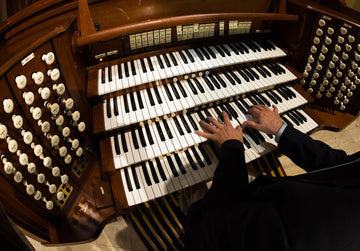
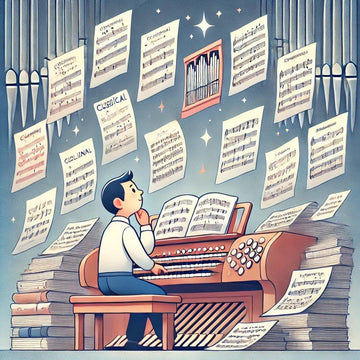
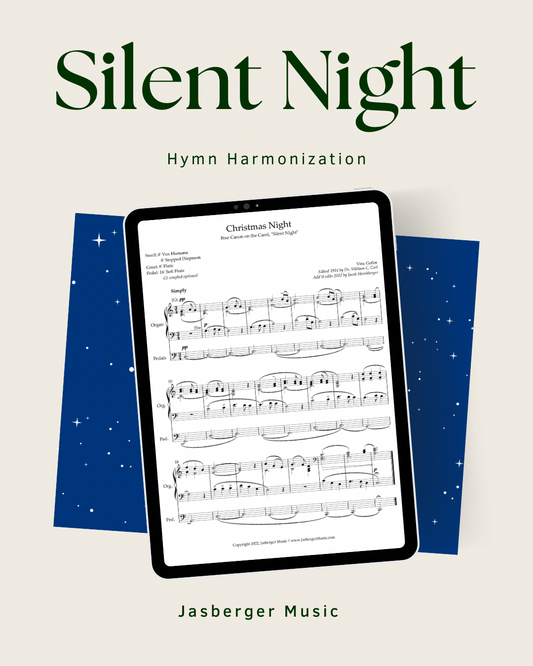
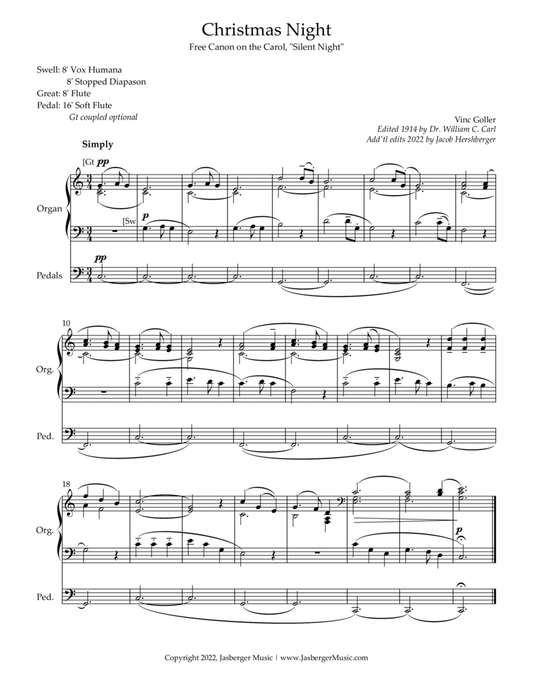
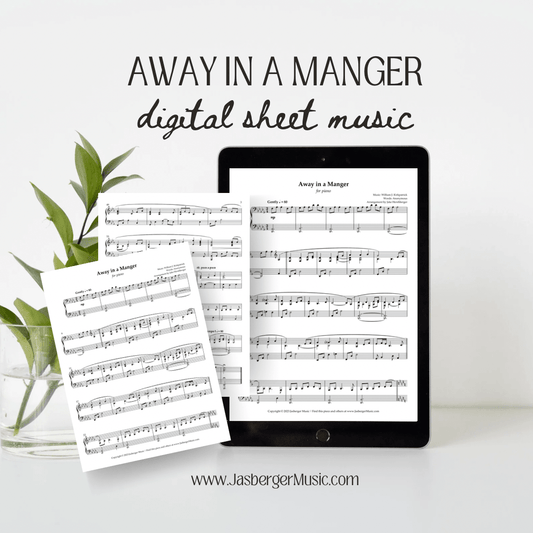
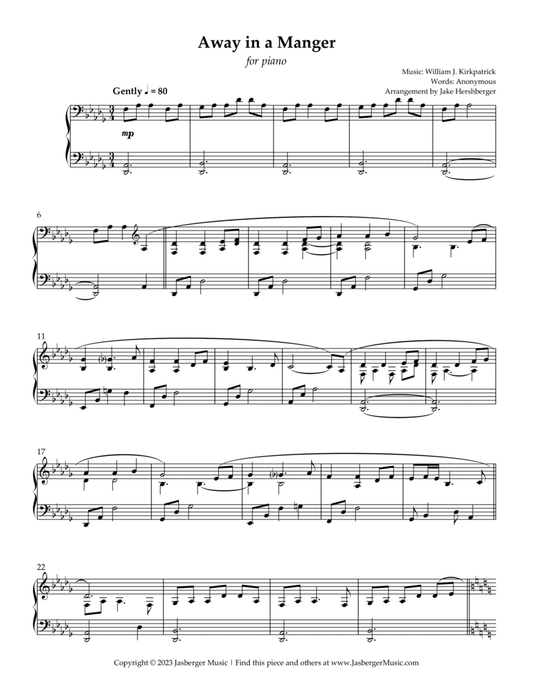
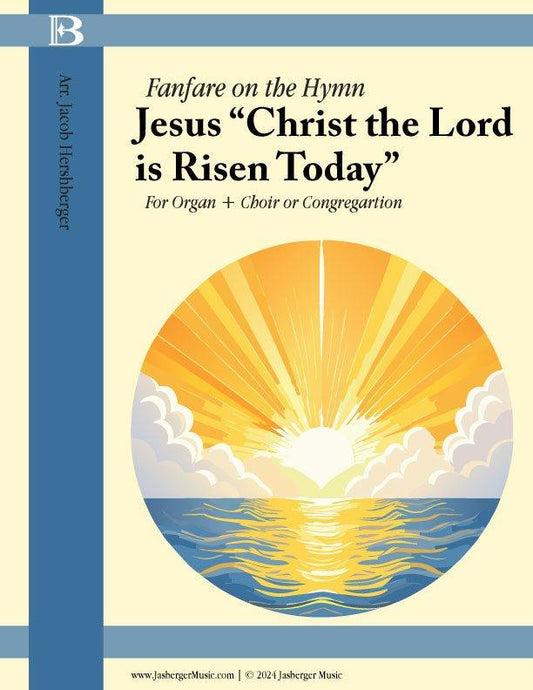
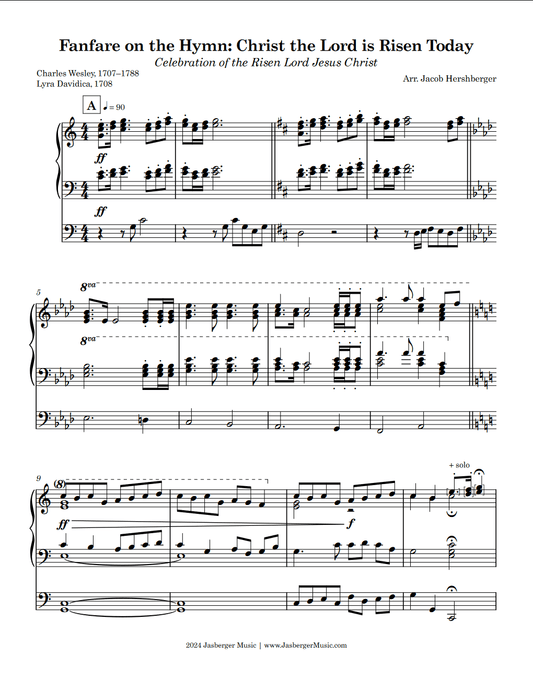
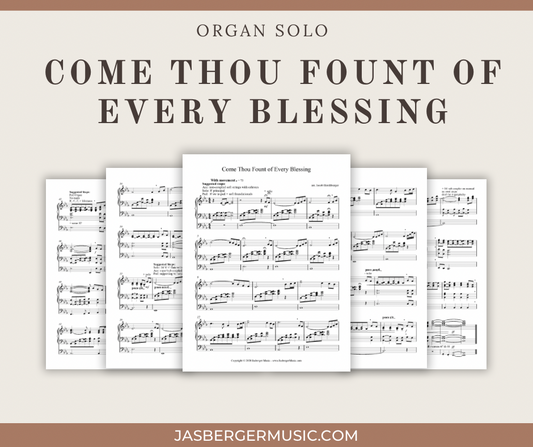
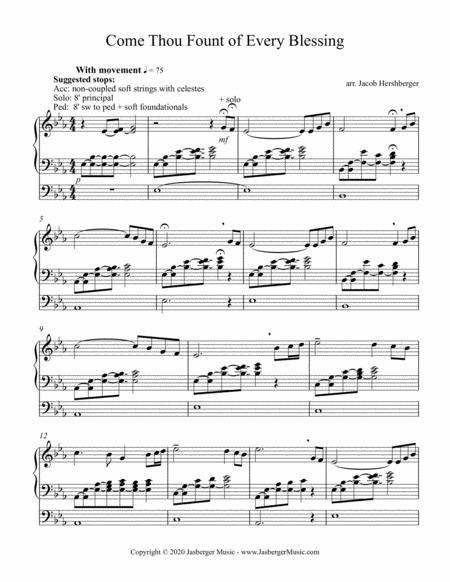

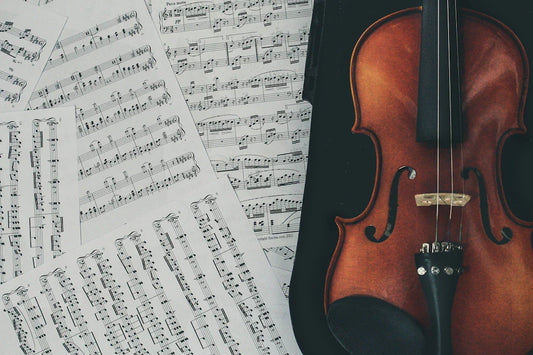

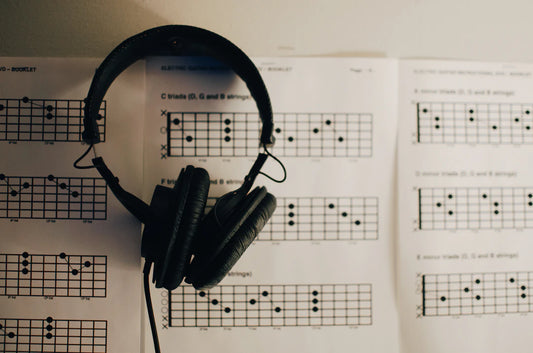
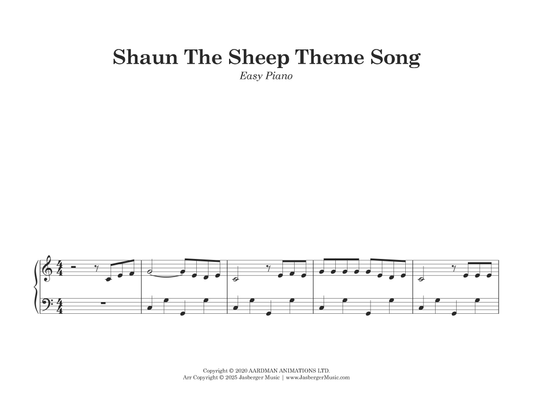
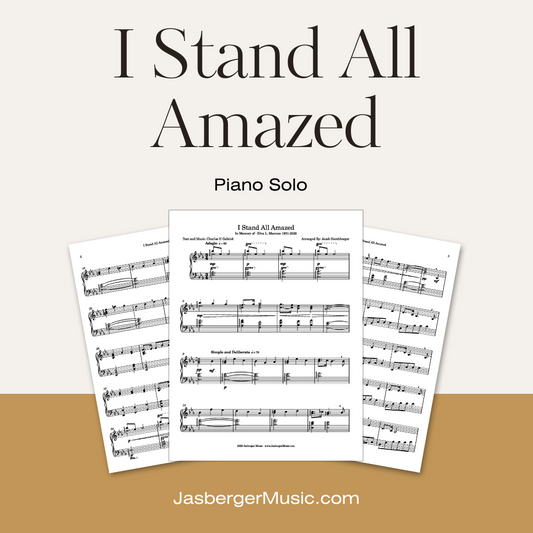
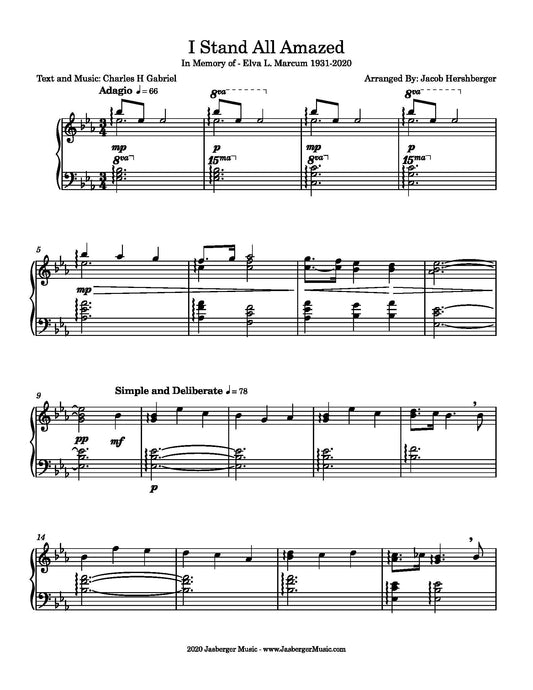
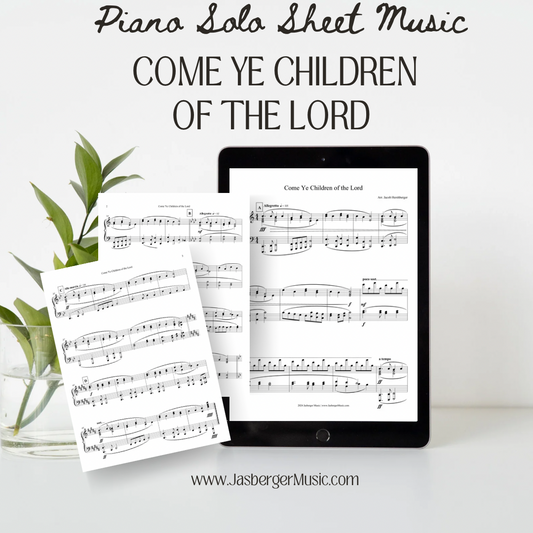
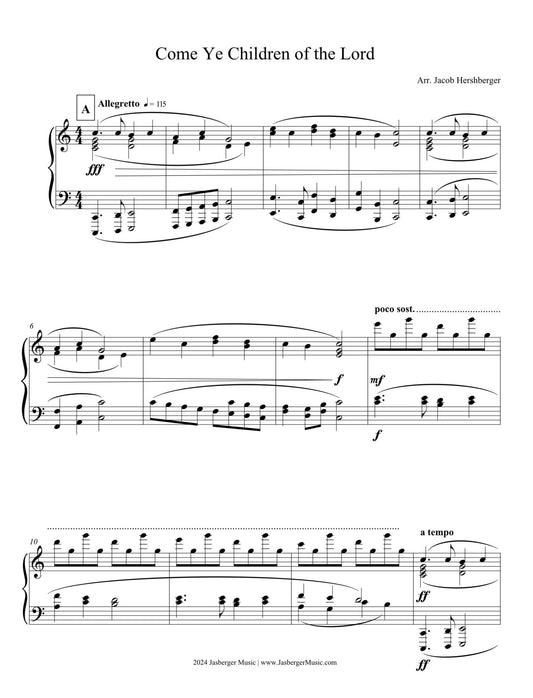
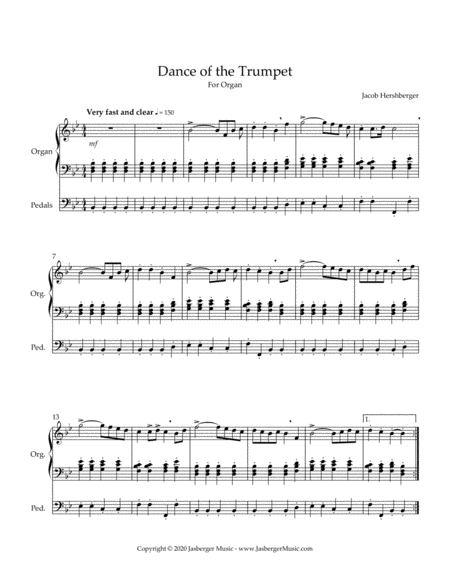
comments